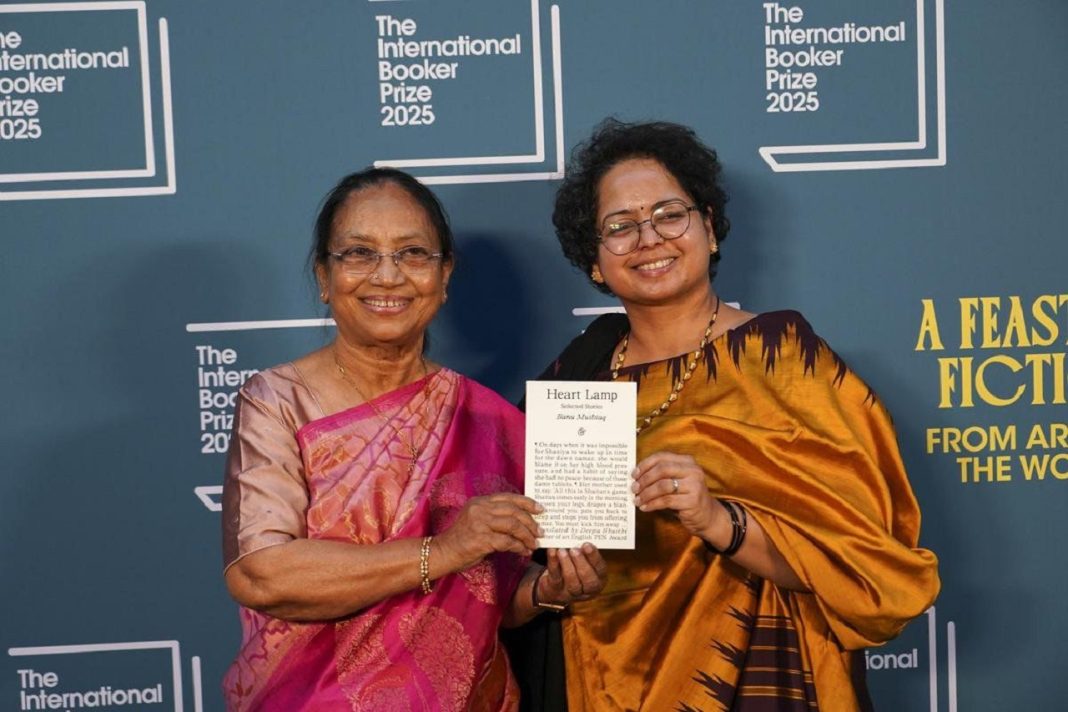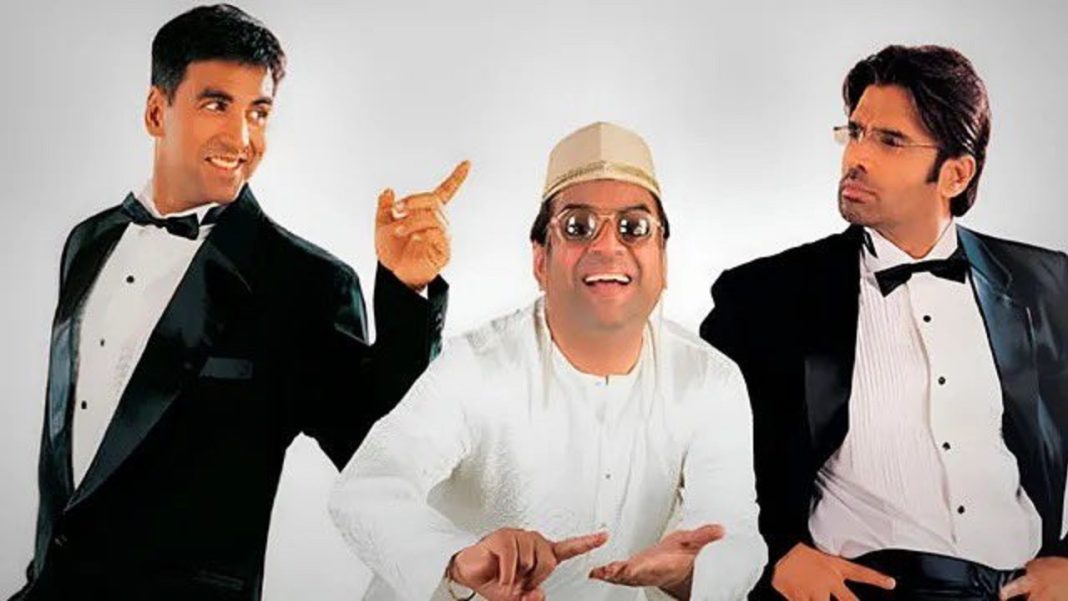Indian author Banu Mushtaq won the International Booker Prize for her collection of short stories titled , ‘Heart Lamp’ that contains 12 stories, translated in English by Deepa Bhasthi. A lawyer and an activist, Banu Mushtaq was born in Karnataka in an upholding Muslim neighborhood.
‘Heart Lamp’ is the first Kannada language book and the first short story collection to win the Booker Prize. The book has Banu Mushtaq’s works from 1990 to 2023, 12 stories that reflect the experience of being a Muslim woman in the suburban parts of South India.
Although known among the local and nation wide readers, Banu Mushtaq now gets international recognition with the International Booker Prize win, following Geetanjali Shree’s win in 2022 for ‘Tomb of Sand’, translated from Hindi to English by Daisy Rockwell.
Mirroring how the society still challenges women by religious conservatism and social constraints blended with deep rooted patriarchy, Banu Mushtaq’s stance has always been strong even at times of hurdles. Along with such layered narrative, Banu includes the women’s experience in India, especially in such ‘orthodox’ and ‘conservative’ regions, only making her central women characters to fight the restraints, voice out and stand for themselves.
Early Life and Struggles
Born in 1948, Banu Mushtaq just like many went to learn Quran in the Urdu language after which her father admitted her in a local school where she learnt Kannada, which she also opted to be her language of expression. Unlike her classmates, Banu went to pursue college and got married to the man she loved and stepped into motherhood, when she felt the pressure of society.
Apart from religious conservations, Banu found herself consumed by the four walls of her house and even decided to defy her fate by attempting to end her life when her husband intervened. She added the vulnerable and personal incident in one of the stories in ‘Heart Lamp’.
Such experiences made her voice louder as she faced several external threats and even a knife attack for her views on religious restrictions and her support for women’s right to offer prayers in Mosque. Not fazed by such attacks, her writing grew fierce and honest, shedding the veil of reality.
“I have consistently challenged chauvinistic religious interpretations. These issues are central to my writing even now. Society has changed a lot, but the core issues remain the same. Even though the context evolves, the basic struggles of women and marginalised communities continue,” she told The Week Magazine.
“The nib of my red ink-filled heart has broken. My mouth can speak no more. No more letters to write. I do not know the meaning of patience. If you were to build the world again, to create males and females again, do not be like an inexperienced potter. Come to earth as a woman, Prabhu!
Be a Woman Once, Oh Lord!” – piece of Banu’s writing in ‘Heart Lamp’
So far VS Naipaul, Salman Rushdie, Arundhati Roy, Aravind Adiga and Geetanjali Shree have won the International Booker Prize.



![This Week OTT Releases of regional languages [22-25 May 2025]](https://www.indiafocusdaily.com/wp-content/uploads/2025/05/Untitled-design-23-1068x601.jpg)